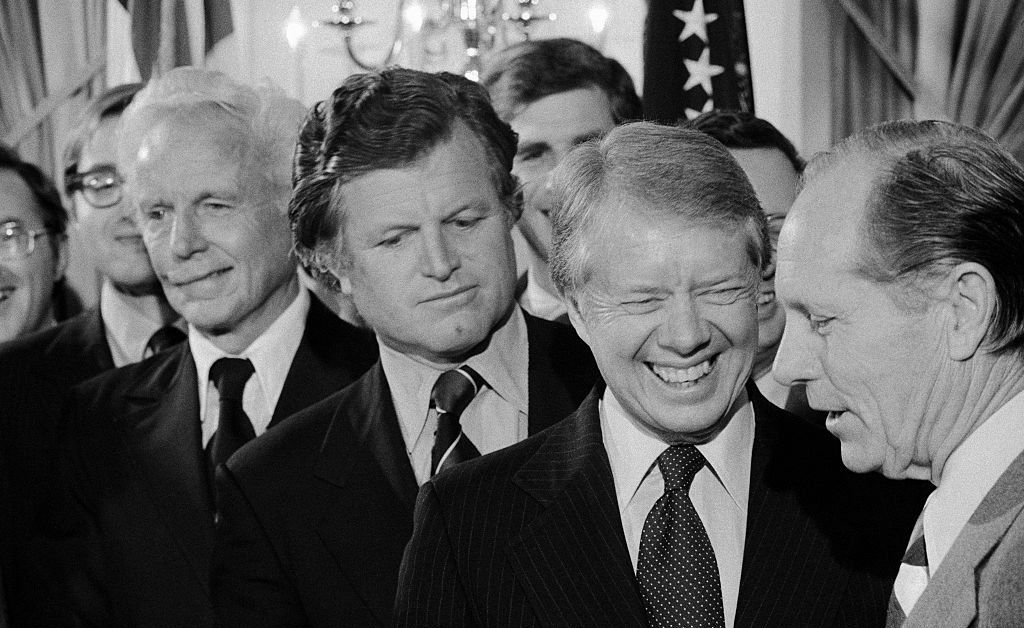Carter's Legacy in Healthcare Shines Amid Reappraisal of His Presidency

Washington D.C., USA - Historians are once again revisiting Jimmy Carter's legacy, this time focusing on his significant contributions to the United States' healthcare system. In recent months, various studies and articles have highlighted the former president's efforts to combat rising healthcare costs, particularly in hospitals and physician services.
Carter, who left office in 1981, had proposed several key measures to control hospital spending, including imposing caps on capital expenditures and introducing a new fee-control system for physicians. His ambitious plan aimed to increase universal coverage while reducing the financial burden on American families.
One of the most striking aspects of Carter's healthcare agenda was his recognition of hospital cost control as a critical component in achieving comprehensive coverage. Despite facing fierce resistance from the hospital industry and Congressional obstacles, he persisted, acknowledging that tackling high costs was essential for creating a more equitable system.
Carter's vision has been credited by many with influencing future healthcare reform efforts. Even Barack Obama, who later incorporated elements of Carter's plan into his signature legislation, Bill Clinton's unsuccessful attempts to address the issue are clear indicators of the former president's lasting impact.
In recent years, however, concern about rising prescription drug costs and escalating physician fees have led policymakers to take a step back and reassess their approach. President Biden's Inflation Reduction Act included some measures aimed at controlling healthcare expenses, yet critics argue that these efforts do not address the crux of hospital cost issues, particularly for lower-income Americans.
According to Guian McKee, professor of presidential studies at the University of Virginia, Carter had demonstrated leadership in addressing healthcare problems. "His focus on reducing costs was both bold and necessary. His efforts laid down a crucial foundation that other presidents later built upon," he noted.
In light of these lessons, policymakers are grappling with whether to follow Carter's example or chart new courses for tackling the pressing issues plaguing American families.
Key Points:
- Despite facing strong resistance, President Carter had proposed measures aimed at controlling hospital spending.
- His focus on reducing costs was ahead of its time, and his vision has been widely adopted in subsequent healthcare reform efforts.
- The importance of addressing rising prescription drug costs and physician fees is becoming increasingly evident among policymakers.
- There are fears that new efforts will not effectively address the root causes of these challenges.
